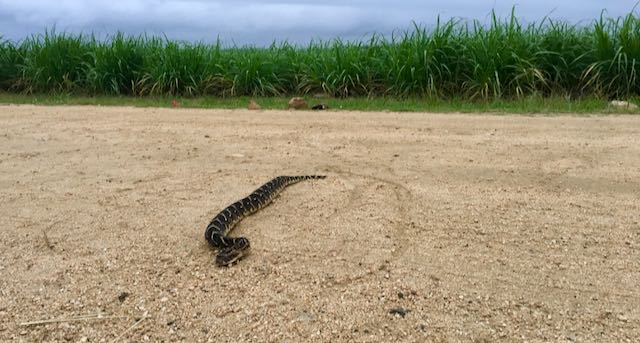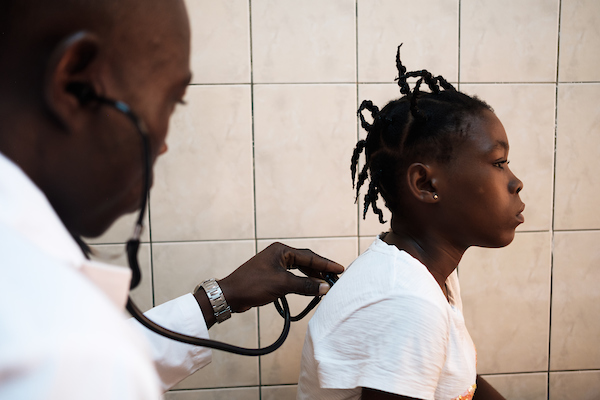
Frankfurter Allgemeine Sonntagszeitung, 19. Januar 2021
Wenn im Blut zu viele Sichelzellen schwimmen, ist das Leid groß. Was hilft den Kranken? Eine Reportage aus Lomé, Tunis und Bielefeld. Von Laura Salm-Reifferscheidt (Text) und Nyani Quarmyne (Fotos)
Wenn es Julien gutgeht, tanzt er gerne mit seiner Freundin. Am liebsten den lateinamerikanischen Bachata. Danach gehen sie in ein Restaurant, manchmal ins Kino. Allerdings ging es Julien in den letzten Jahren nur selten gut, und den Weg von der Arztpraxis zur Apotheke in Bielefeld schafft der 27-Jährige nur langsam und leicht gebückt. Als er sein Rezept für ein Schmerzmittel vorlegt, fällt einer Mitarbeiterin auf, dass sie ihn schon lange nicht gesehen hat. „Ich war gerade fünf Wochen im Krankenhaus“, erklärt Julien und zeigt durch das Schaufenster auf ein gesichtsloses Hochhaus. Von dort ist er erst vor zwei Tagen entlassen worden. …
Frankfurter Allgemeine Sonntagszeitung
Die Geschichte einer Seuche – oder wie Ägypten den Kampf gegen Hepatitis C fast verlor und heute ein Vorbild für andere Länder sein könnte.
Das Jahr 1962 ist für Raymond Schinazi ein dramatischer Einschnitt und in besonderer Erinnerung geblieben. Als der damals 12-Jährige mit seiner Familie aus den Sommerferien zurückkommt, ist alles anders. Das Haus verschlossen, die Autos verschwunden, die Konten eingefroren, er darf nicht mehr zur Schule. Die Schinazis, die seit Generationen in Alexandria leben, sind wie viele andere jüdische Familien vor ihnen zum Ziel der nationalistischen Politik des ägyptischen Präsidenten Gamal Abdel Nasser geworden. Die Schinazis ziehen ins Hotel, harren noch eine Weile in Ägypten aus. 1964 geben sie auf und fliehen auf einem Schiff Richtung Europa. Raymond will noch einmal vom Deck zurückblicken und winken. „Es war Nacht, und ich wollte die Lichter von Alexandria sehen“, erinnert er sich heute. Sein Vater hielt ihn davon ab: „Schau nicht zurück. Es ist vorbei. Ägypten ist vorbei für uns.“ Einige Tage später kommt die Familie in Neapel an. Ihr neues Leben beginnt in einem Flüchtlingslager. Die Geschichte, die Raymond Schinazi ein halbes Jahrhundert später in seine Heimat zurückbringen wird, ist die Geschichte einer Seuche, die droht, ein ganzes Land in die Knie zu zwingen. Es geht um Millionen von Menschenleben und Milliarden Dollar. Im Zentrum: Ein Virus, von dessen Existenz Anfang der Sechziger niemand weiß, Hepatitis C. …
Hier geht es zum Artikel in der FAS
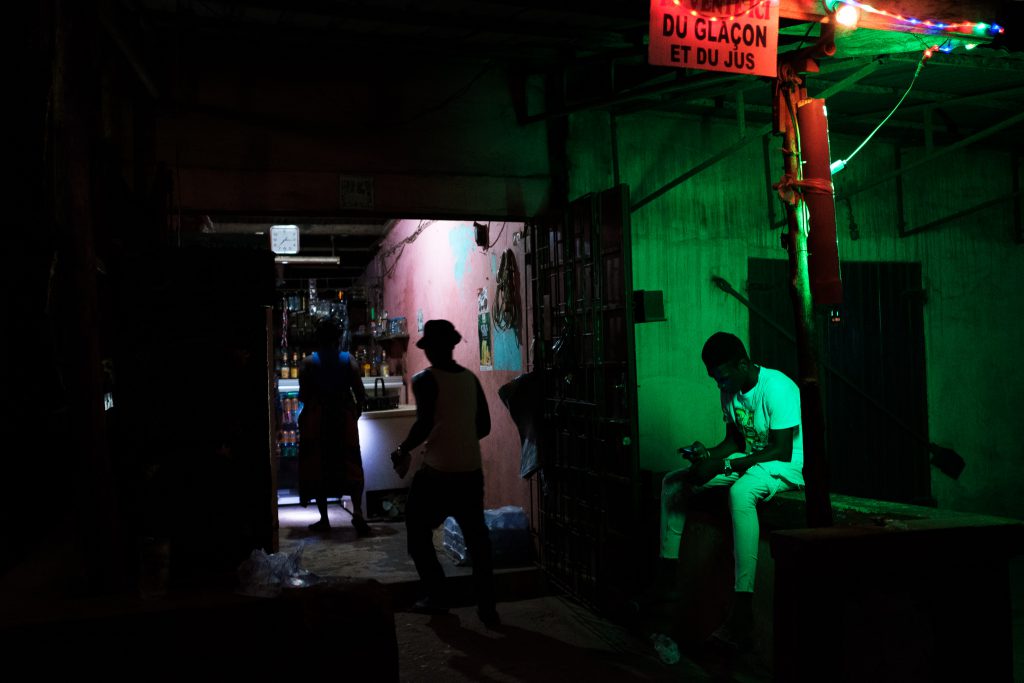
Frankfurter Allgemeine Sonntagszeitung, 10. Juli 2020
In Westafrika berauschen sich viele Menschen illegal an Schmerzmitteln, die zum medizinischen Standard gehören. Eine strengere Kontrolle kann für Kranke schwere Konsequenzen haben.
Nachdem Ayao sich für ein T-Shirt mit buntem Aufdruck, weiße Hosen und gefälschte Kappa-Sandalen entschieden hat, zieht er einen Kamm durch seine kurzen Locken und verzerrt dabei vor Schmerz sein Gesicht. Schnell fischt der 16-Jährige zwei weiße Tramadol-Tabletten aus seiner Hosentasche und steckt sie sich in den Mund. „Wenn ich das nehme, kann ich alles schaffen“, sagt er. „Nichts scheint unmöglich.“ Dann verlässt Ayao, der eigentlich anders heißt, das einfache Haus seiner Eltern, das am Stadtrand von Lomé, Togos Hauptstadt, liegt, um zur Arbeit zu gehen. Mit einer Motorradrikscha liefert er Trinkwasser an Geschäfte aus.
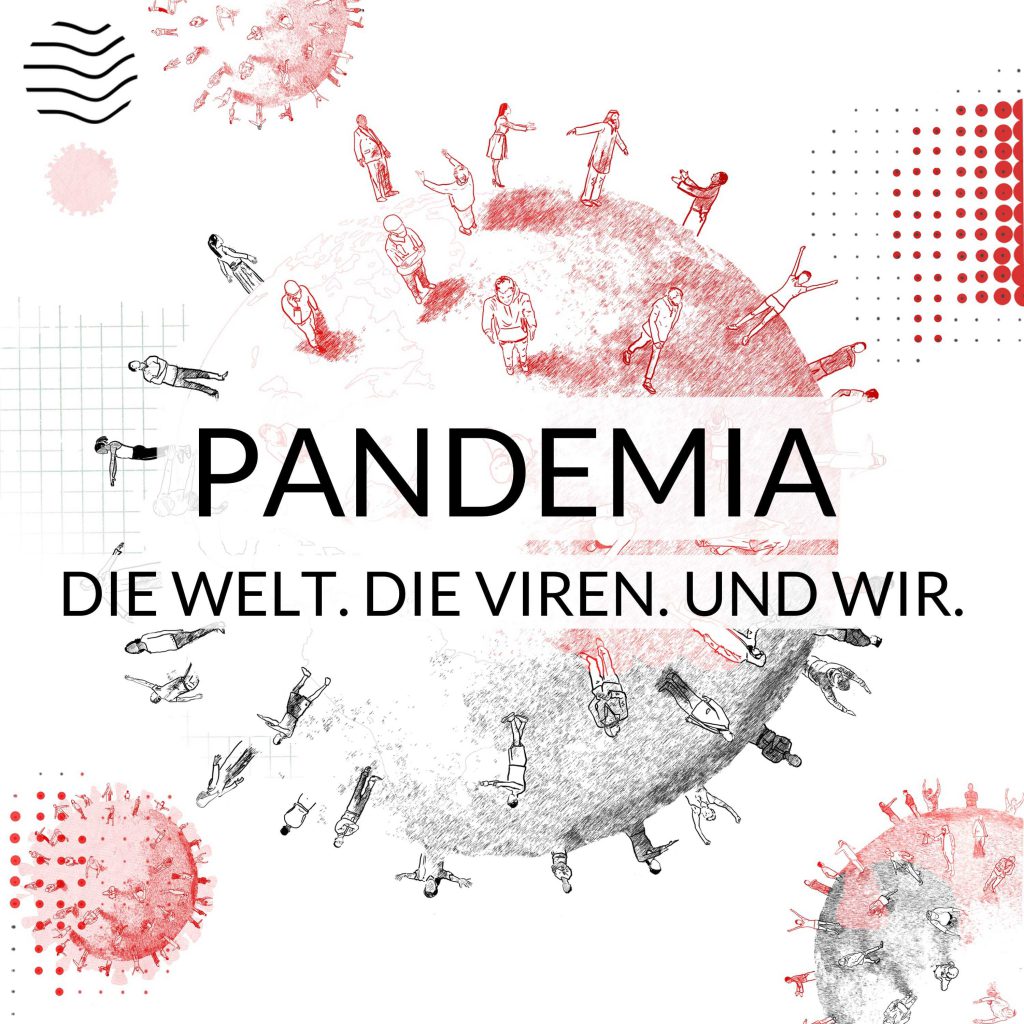
Neuer Podcast bei Viertausendhertz gestartet
Die Corona-Krise hat die Welt in kürzester Zeit in „Pandemia“ verwandelt: eine neue Realität zwingt die Menschheit sich mit der Bedrohung durch Infektionskrankheiten auseinanderzusetzen. Das Team aus Wissenschafts- und Gesellschaftsjournalisten begibt sich in diesem Podcast auf Reisen in verschiedene Länder und versucht zu ergründen, welche Lehren wir aus vorhergegangenen Seuchen und Krisen für unsere jetzige Lage ziehen können.
Viertausendhertz präsentiert Pandemia in Kooperation mit der Journalismusgenossenschaft Riffreporter.
Die Hosts:
Laura Salm-Reifferscheidt ist Print- und Radiojournalistin und befasst sich mit den gesellschaftlichen Perspektiven von Gesundheitsthemen in Afrika und Asien. Ihre Arbeiten erscheinen u.a. bei Deutschlandfunk Kultur, Ö1, The Lancet und Deutsche Welle.
Kai Kupferschmidt ist Wissenschaftsjournalist, Buchautor und hat Molekulare Biomedizin studiert. Er ist Korrespondent für Science und schreibt Reportagen und Hintergrundstücke für verschiedene Publikationen.
Nicolas Semak ist Journalist, Podcaster und Mitgründer von Viertausendhertz. Er entwickelt, produziert und moderiert seit vielen Jahren verschiedene Podcastformate.
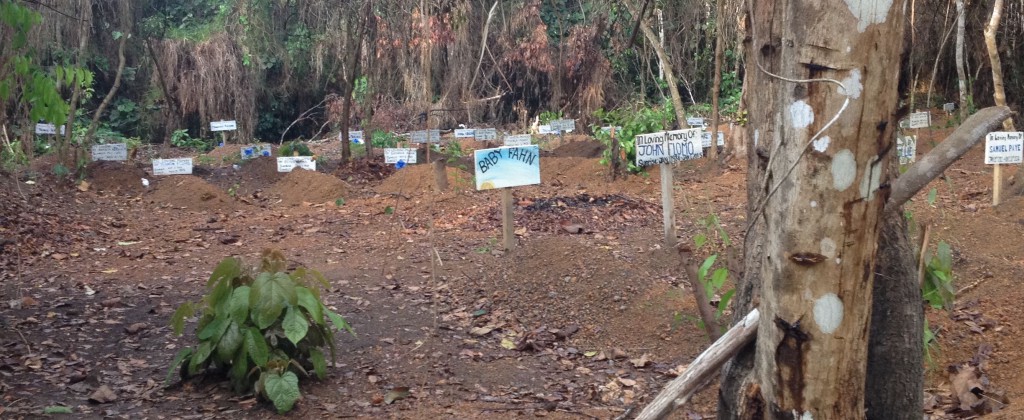
Von Ebola lernen
Frankfurter Allgemeine Sonntagszeitung vom 5. April 2020
Ein Rückblick nach Liberia, als dort noch Ebola grassierte, zeigt, wie entscheidend der Zusammenhalt in einer Gesellschaft ist, will man Epidemien bekämpfen.
Wir trafen Stanley Juah am 24. November 2014, dem Tag, an dem er als Ebola-Überlebender aus einem Behandlungszentrum im Bezirk Bong in Liberia entlassen wurde. Er saß auf einem Plastikstuhl vor der Absperrung, die Gesunde von Kranken trennte. Er boxte in die Luft, reckte die Fäuste seinem unsichtbaren Feind entgegen: Er hatte das tödliche Virus besiegt. Doch nun musste Stanley sich seiner Vergangenheit stellen; ein Mann, von dem selbst sein bester Freund sagte, er sei stets ein Sturkopf gewesen, der sich nicht um die Meinung anderer scherte. Dann kam das Virus und Stanley glaubte, dass er Ebola genauso austricksen könnte wie die Menschen in seinem Dorf. Wenn sich alle an die Regeln hielten, würde er trotzdem seinen eigenen Weg gehen. Warum sollte das bei Ebola anders sein? Ausgezehrt von der Krankheit streifte Stanleys Blick über das Behandlungszentrum. „Ich kann nicht zurück nach Taylor Town“, stammelte er, „die Leute werden mich umbringen, weil sie mich für die ganzen Toten verantwortlich machen.“
Hier geht es zum ganzen Artikel!
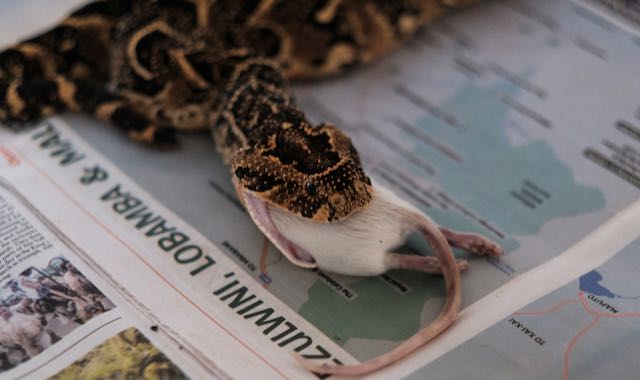
Frankfurter Allgemeine Sonntagszeitung
Ohne Schlangen droht die Rattenplage. Wer aber im afrikanischen Königreich Eswatini, ehemals Swasiland, gebissen wird, muss um sein Leben bangen. Eine Frau will das nicht hinnehmen – und kämpft mit Haken und Zange.
Thea Litschka-Koen beugt sich über das Krankenhausbett und greift nach der geschwollenen Hand von Qiniso. Während sie die riesige Blase auf dem Handrücken begutachtet, erzählt der 36-jährige Patient: „Ein stechender Schmerz hat mich aufgeweckt, ich habe meine Hand geschüttelt und gespürt, wie etwas zu Boden fiel.“ Qiniso sah Blut zwischen Zeige- und Mittelfinger und vermutete einen Schlangenbiss. Sein Bruder brachte ihn in ein Krankenhaus in Manzini, einer Stadt im kleinen Königreich Eswatini, das zwischen Südafrika und Moçambique liegt und bis April 2018 Swasiland hieß. Zu Hause bei Qiniso fand man tatsächlich eine Moçambique-Speikobra in der Schublade einer Arbeitsbank, es ist eine der giftigsten Schlangen im südlichen Afrika.
Hier geht es zum ganzen Text
Die Reportage/Deutschlandfunk Kultur
Schwarze Mamba in der Greifzange
Jedes Jahr sterben weltweit rund 140.000 Menschen an Schlangenbissen, viele Hunderttausend tragen bleibende Schäden davon. Eine mutige Frau im südlichen Afrika rettet Menschen vor Schlangen, aber auch Schlangen vor Menschen.
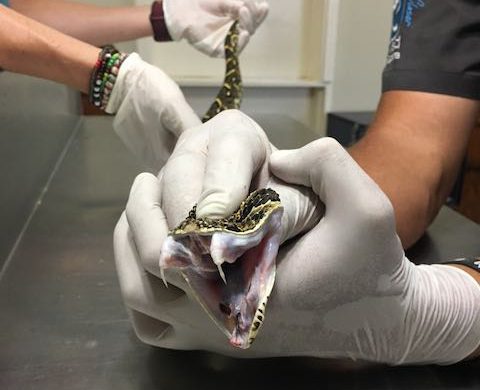
Deutsche Welle/World in Progress
Up to 140,000 people die from snakebites worldwide every year, another 400,000 are severely disabled. Most are poor people living in rural areas. But there are ways to reduce the risk. DW Reporter Laura Salm-Reifferscheidt traveled to E-Swatini in Southern Africa, to find out whether snakebite prevention and treatment efforts in the small kingdom might be an example for other countries.
Listen to the full report here!
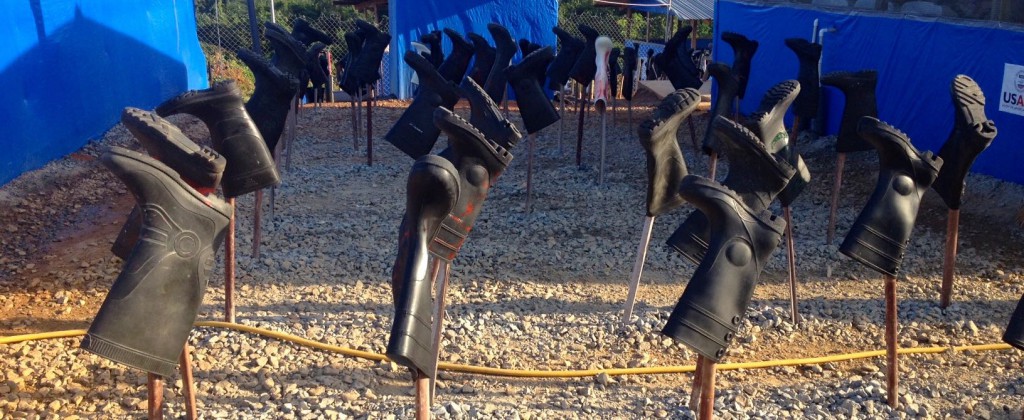
Liberia nach Ebola-Epidemie
Weltzeit/Deutschlandfunk Kultur
Seit 2016 gilt Ebola an Afrikas Westküste als besiegt. Rund 11.000 Menschen starben damals an dem Virus, besonders betroffen war Liberia. Vier Jahre später bleibt das Gesundheitssystem marode, der Wirtschaft geht es schlecht, die Helfer sind weg.
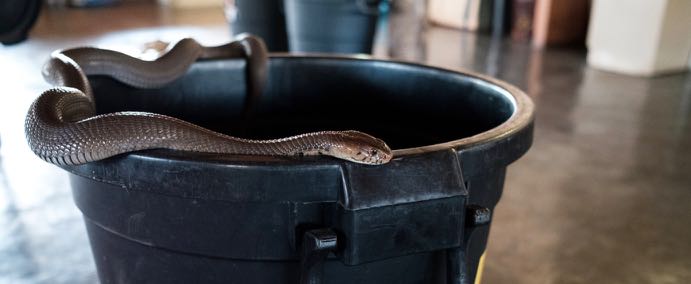
The Lancet/World Report, January 2020
Treatment and prevention of snakebite have long been neglected. One woman’s initiative in eSwatini is making changes. Laura Salm-Reifferscheidt reports from Simunye, eSwatini.
impressum

